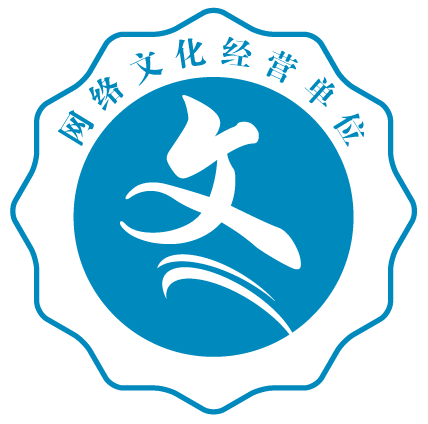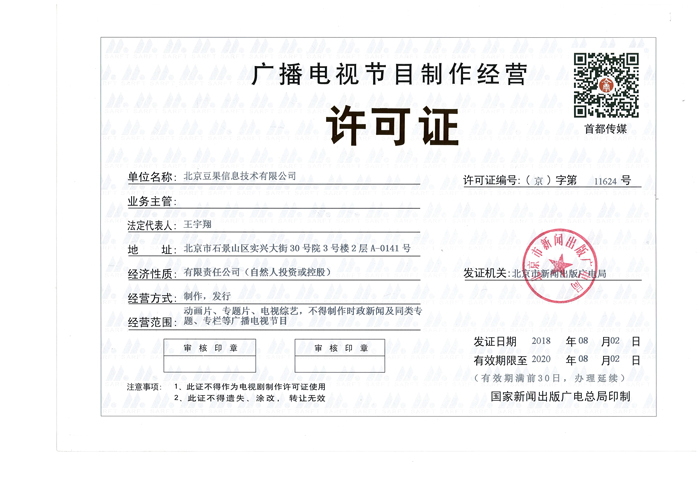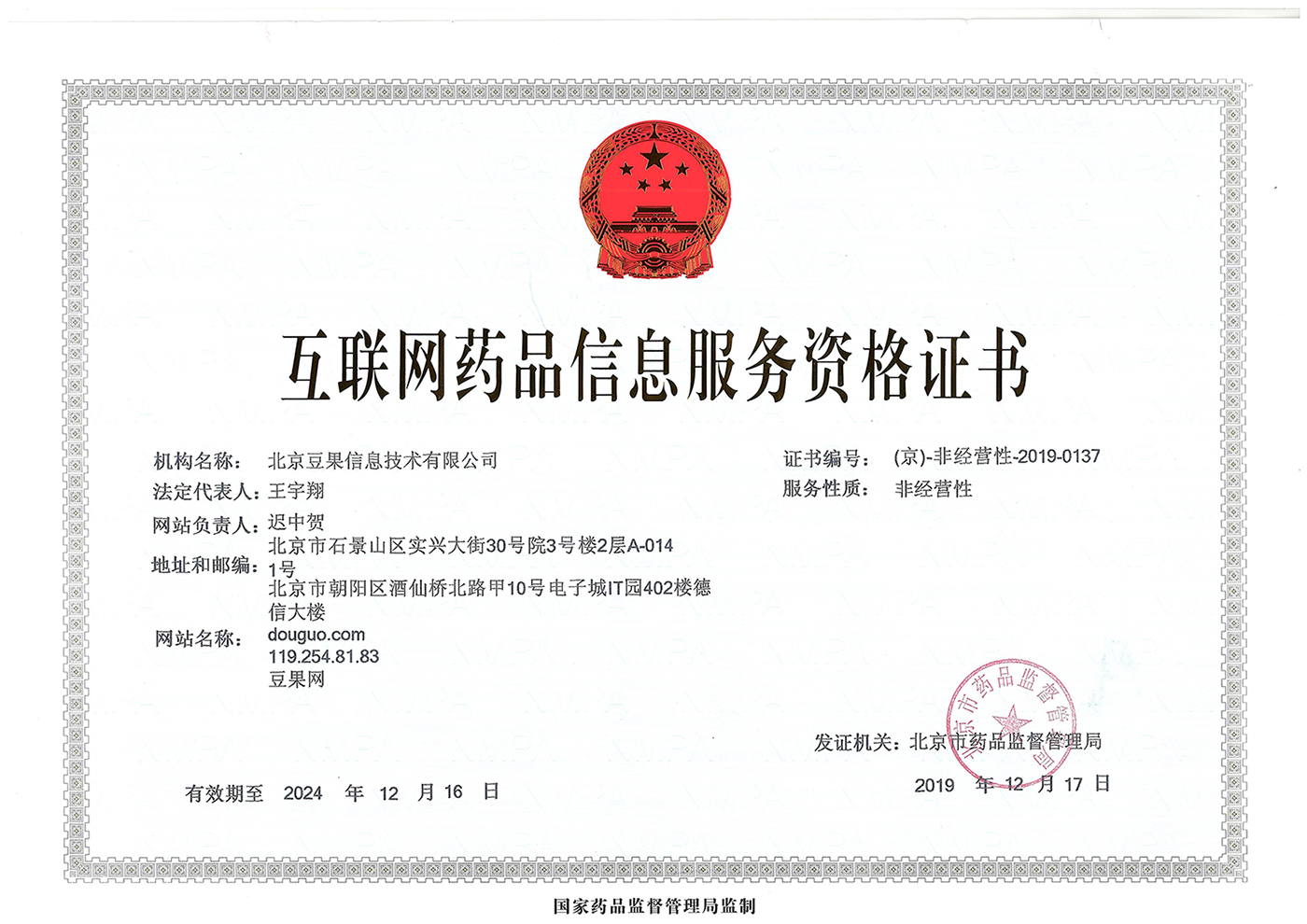BeijingToday:heading back to the kitchen
2011-08-22 01:10:54
Distrust of food safety peaked last month when garbage oil and prohibited additives were found in star-ranked restaurants. Cucumbers at open-air markets tested positive for female hormones, and iced teas from Taiwan were found to hide carcinogens.
Given the soaring costs of eating out, many Beijingers are returning to their kitchens to find ways to prepare safe food. The most extreme have taken to renting plots on the outskirts of town to grow their own organic produce.
 Since 30-year-old Jordan Liu announced that his wife was pregnant last month, colleagues rarely see him eating out. He has cancelled unnecessary business dinners and Friday nights out with friends.
He is also bringing a lunch box to work.
“Before, he was a hardcore chauvinist who said men had no place in the kitchen,” said one of his colleagues. “When decorating their house, he and his wife even decided to demolish the kitchen and replace it with a mini-bar.”
Now he is shopping for fresh vegetables and meat each day.
Liu is one of many people who have gotten hooked on Douguo, a website used by many 20- and 30-somethings who are looking to eat smart and healthy and who enjoy the fruits of their kitchen labor.
“Beijing restaurants are notorious for serving oily food, and carcinogenic additives are seen as essential in Chinese cuisine. That isn’t healthy,” Liu said. Of course, he is also concerned about the health of his wife and child.
Cooking on his own solved these worried and more.
“My wife was the one who found Douguo. She was looking for healthy recipes for pregnant women. Later on we really got into it,” he said.
“I never realized that going to the market to look for ingredients could be such an adventure. Besides, the price of one hamburger can buy enough ground beef to make 15.”
An onslaught of food safety scandals and growing curiosity about what traditional Chinese medicine has to say about nutrition has made Dougou a hit. The three-year-old online community hosts original recipes and photos, and allows users to share their cooking experiences.
The website was opened by 31-year-old Wang Yuxiang, a former editor at a publishing house, in 2008.
In the run up to the Olympic Games, Wang was swamped with work and was forced to eat out every day for three months. When vacation came, he returned to his dusty kitchen and wanted to make a good, home-cooked meal.
That was when he realized he didn’t know how to cook. Suddenly, he hit on the idea to make a website of easy-to-learn recipes where new cooks could swap experience.
Four people joined him in putting Douguo online and filling it with initial content. When it went live, big food ranking websites like Tantong were first becoming popular. But none offered step-by-step instructions for basic Chinese recipes that Douguo had.
“I thought it was a shame we were glossing over China’s food culture,” he said. Dougou soon attracted thousands of registered users and advertisers.
The website’s format was inspired by Cookpad, Japan’s top recipe sharing community that has been around for 11 years. Cookpad’s listing on the Japanese stock market in 2009 gave Dougou’s creators a big confidence boost.
“It was the first publicly traded recipe website in the world. It proved that a huge number of people still like cooking at home,” Wang said.
Zhu Hong, one of the co-founders, said she loves baking. “Baking is an extraordinary way for me to get rid of a bad mood. I especially love the sweet smell that comes out of the oven. It is the best way to relax after a week of hard work and it brings me a sense of satisfaction when bake for my family,” she said.
Inspired by Dougou’s community, many people like Guo Bingyan have started to grow their own organic produce.
Since 30-year-old Jordan Liu announced that his wife was pregnant last month, colleagues rarely see him eating out. He has cancelled unnecessary business dinners and Friday nights out with friends.
He is also bringing a lunch box to work.
“Before, he was a hardcore chauvinist who said men had no place in the kitchen,” said one of his colleagues. “When decorating their house, he and his wife even decided to demolish the kitchen and replace it with a mini-bar.”
Now he is shopping for fresh vegetables and meat each day.
Liu is one of many people who have gotten hooked on Douguo, a website used by many 20- and 30-somethings who are looking to eat smart and healthy and who enjoy the fruits of their kitchen labor.
“Beijing restaurants are notorious for serving oily food, and carcinogenic additives are seen as essential in Chinese cuisine. That isn’t healthy,” Liu said. Of course, he is also concerned about the health of his wife and child.
Cooking on his own solved these worried and more.
“My wife was the one who found Douguo. She was looking for healthy recipes for pregnant women. Later on we really got into it,” he said.
“I never realized that going to the market to look for ingredients could be such an adventure. Besides, the price of one hamburger can buy enough ground beef to make 15.”
An onslaught of food safety scandals and growing curiosity about what traditional Chinese medicine has to say about nutrition has made Dougou a hit. The three-year-old online community hosts original recipes and photos, and allows users to share their cooking experiences.
The website was opened by 31-year-old Wang Yuxiang, a former editor at a publishing house, in 2008.
In the run up to the Olympic Games, Wang was swamped with work and was forced to eat out every day for three months. When vacation came, he returned to his dusty kitchen and wanted to make a good, home-cooked meal.
That was when he realized he didn’t know how to cook. Suddenly, he hit on the idea to make a website of easy-to-learn recipes where new cooks could swap experience.
Four people joined him in putting Douguo online and filling it with initial content. When it went live, big food ranking websites like Tantong were first becoming popular. But none offered step-by-step instructions for basic Chinese recipes that Douguo had.
“I thought it was a shame we were glossing over China’s food culture,” he said. Dougou soon attracted thousands of registered users and advertisers.
The website’s format was inspired by Cookpad, Japan’s top recipe sharing community that has been around for 11 years. Cookpad’s listing on the Japanese stock market in 2009 gave Dougou’s creators a big confidence boost.
“It was the first publicly traded recipe website in the world. It proved that a huge number of people still like cooking at home,” Wang said.
Zhu Hong, one of the co-founders, said she loves baking. “Baking is an extraordinary way for me to get rid of a bad mood. I especially love the sweet smell that comes out of the oven. It is the best way to relax after a week of hard work and it brings me a sense of satisfaction when bake for my family,” she said.
Inspired by Dougou’s community, many people like Guo Bingyan have started to grow their own organic produce.
原文地址: http://www.beijingtoday.com.cn/trend/heading-back-to-the-kitchen

 精选
精选 最新
最新 菜单
菜单




 京公网安备 11010502038268号
京公网安备 11010502038268号
 京网文【2017】6954-770号
京网文【2017】6954-770号



